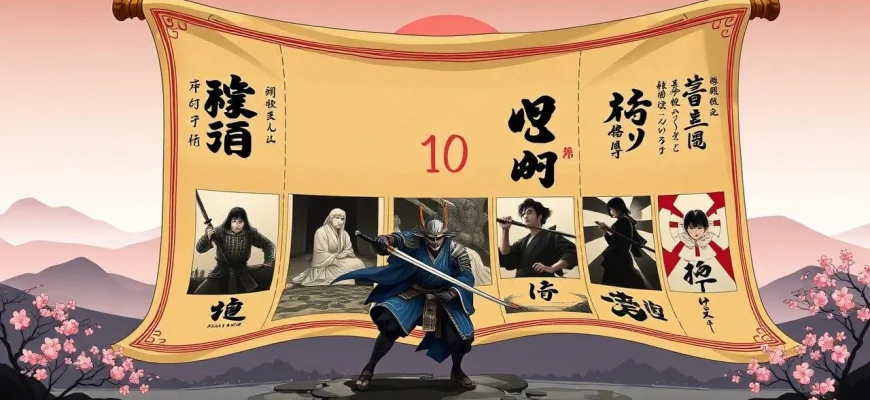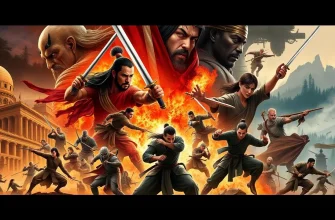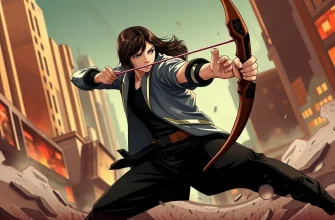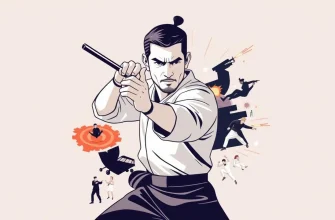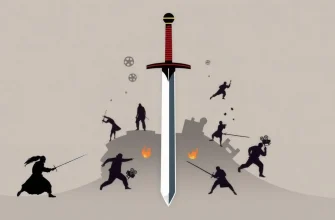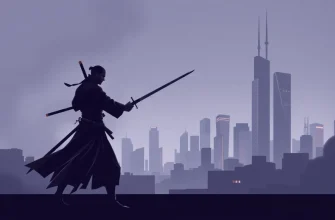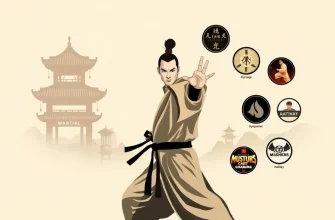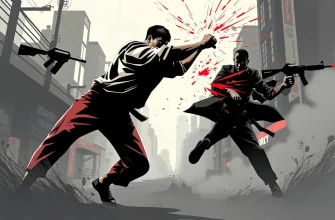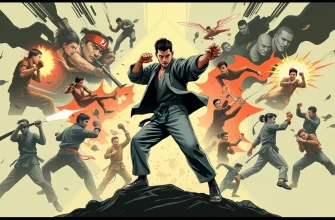Samurai films have long captivated audiences with their blend of action, drama, and the timeless code of Bushido. This curated list brings together ten of the most exhilarating samurai action movies, each offering a unique take on the genre. From historical epics to modern interpretations, these films not only entertain but also delve into the complexities of honor, loyalty, and the warrior's path. Whether you're a seasoned fan or new to the genre, these selections promise sword-fighting prowess, intense battles, and stories that resonate with the spirit of the samurai.

Seven Samurai (1954)
Description: Akira Kurosawa's masterpiece, "Seven Samurai," is a cornerstone of samurai cinema. It follows a village that hires seven ronin to defend it against bandits, showcasing themes of duty, sacrifice, and the samurai's code. This film's influence on action cinema is unparalleled.
Fact: The film was shot over a year, with many scenes filmed in natural settings to enhance realism. It was also one of the first Japanese films to gain international acclaim.
 Watch Now
Watch Now 
The Hidden Fortress (1958)
Description: While not strictly an action film, "The Hidden Fortress" is renowned for its storytelling and action sequences. It follows two peasants who help a princess and her general escape enemy territory, influencing George Lucas's "Star Wars."
Fact: This film was one of the inspirations for "Star Wars," particularly in its narrative structure and character dynamics.
 Watch Now
Watch Now 
Yojimbo (1961)
Description: Another Kurosawa classic, "Yojimbo" features a ronin who manipulates two rival gangs for his own amusement and profit. Its blend of dark humor and action has inspired countless films, including "A Fistful of Dollars."
Fact: The film was remade in Italy as "A Fistful of Dollars," sparking a legal battle over copyright, which Kurosawa eventually won.
 Watch Now
Watch Now 
Harakiri (1962)
Description: "Harakiri" is a gripping tale of revenge and honor, where a ronin seeks to avenge the death of his son-in-law, challenging the corrupt samurai system. Its narrative depth and visual style make it a standout.
Fact: The film was remade in 2011 by Takashi Miike, showcasing its enduring appeal.
 Watch Now
Watch Now 
The Sword of Doom (1966)
Description: "The Sword of Doom" portrays the life of a ruthless samurai, exploring themes of nihilism and the dark side of the samurai code. Its intense swordplay and moral ambiguity make it a compelling watch.
Fact: The film ends on a cliffhanger, with the protagonist's fate left unresolved, adding to its mystique.
 Watch Now
Watch Now 
Shogun Assassin (1980)
Description: This film is a re-edited version of the first two "Lone Wolf and Cub" films, focusing on a ronin and his young son seeking revenge. Its fast-paced action and dark tone made it a cult classic in the West.
Fact: It was heavily edited for the American market, with new narration and a different soundtrack to appeal to Western audiences.
 Watch Now
Watch Now 
The Last Samurai (2003)
Description: While not entirely historically accurate, this Hollywood epic stars Tom Cruise as an American captain who finds himself fighting alongside samurai against the modernization of Japan. It's a visually stunning tribute to samurai culture.
Fact: The film was shot in New Zealand, with extensive sets built to replicate 19th-century Japan.
 Watch Now
Watch Now 
Zatoichi (2003)
Description: Directed by Takeshi Kitano, this film follows the blind masseur and swordsman Zatoichi, known for his lightning-fast swordplay. It's a blend of action, comedy, and drama, with a unique visual style.
Fact: Kitano, known for his minimalist approach, used CGI to enhance the film's action sequences, particularly the famous dance scene.
 Watch Now
Watch Now 
13 Assassins (2010)
Description: Takashi Miike's remake of the 1963 film is a brutal, action-packed tale of 13 samurai who unite to assassinate a sadistic lord. The film is renowned for its extended, choreographed battle sequences.
Fact: The final battle scene was shot over 10 days, with hundreds of extras and stuntmen involved.
 Watch Now
Watch Now 
Samurai Rebellion (1967)
Description: This film tells the story of a samurai who rebels against his lord to protect his daughter-in-law, showcasing the conflict between duty and personal honor. It's a poignant exploration of the samurai's moral dilemmas.
Fact: The film was directed by Masaki Kobayashi, known for his critical views on Japanese society and tradition.
 30 Days Free
30 Days Free 
